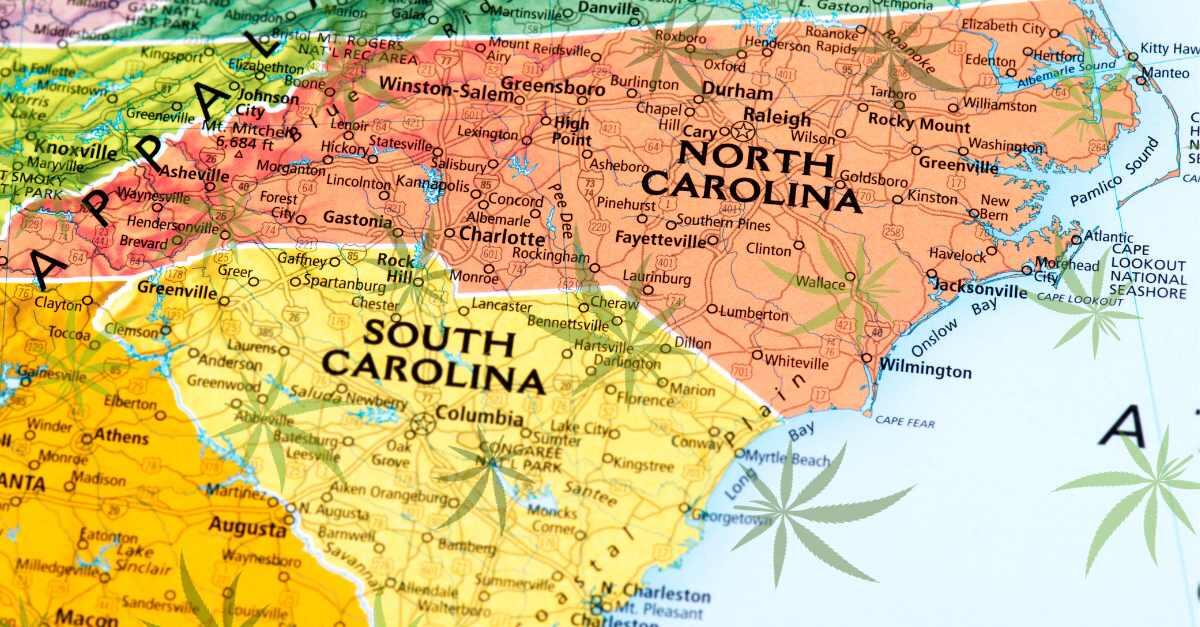North Carolina Appeals Court Rules on Cannabis Odor and Probable Cause in Vehicle Searches
LOS ANGELES- In a pivotal case that underscores the evolving legal landscape of cannabis laws in the United States, the North Carolina Court of Appeals has recently made a significant ruling. The case revolves around the contentious issue of whether the smell of cannabis alone can establish probable cause for a vehicle search.
The case in question involved Antonio Demont Springs, who was pulled over by a Charlotte-Mecklenburg Police Department officer on May 17, 2021. The officer cited a suspect license plate as the reason for the stop. During the interaction, the officer noted Springs’ apparent nervousness and discovered a revoked license and a fake license plate. Springs denied having smoked cannabis in the car, attributing the odor to a previous occupant.
Upon further investigation, the officer found a Crown Royal bag containing a digital scale, a green leafy substance, white powder, and pills. Springs was subsequently charged with possession of drug paraphernalia, drug trafficking, and intent to sell or distribute a controlled substance. He contested the legality of the search, arguing that the smell of cannabis alone, which could be from legal hemp, should not constitute probable cause for a search in North Carolina.
The trial court initially sided with Springs, recognizing that the legal status of hemp, which is indistinguishable in odor from cannabis, complicates the establishment of probable cause based solely on scent. However, the Appeals Court overturned this decision. Judge Toby Hampson, joined by Judge Jefferson Griffin, stated that the odor of cannabis alone has been repeatedly held as sufficient for probable cause. However, they noted that Springs’ situation involved additional factors, such as his comments about the car’s previous occupant and the vehicle’s license discrepancies, which contributed to the probable cause.
This ruling highlights the legal challenges faced by law enforcement in distinguishing between hemp and cannabis, particularly in states where cannabis remains illegal. The North Carolina Court of Appeals’ decision contrasts with other states like Minnesota, where the court ruled that cannabis odor alone does not constitute sufficient probable cause, and Wisconsin, where the opposite conclusion was reached.
This case exemplifies the ongoing legal debates and variances across the U.S. regarding cannabis laws. As states continue to reassess their cannabis legislation, incidents like these are expected to remain a focal point in the national conversation about law enforcement practices, civil liberties, and the evolving status of cannabis legality.



































